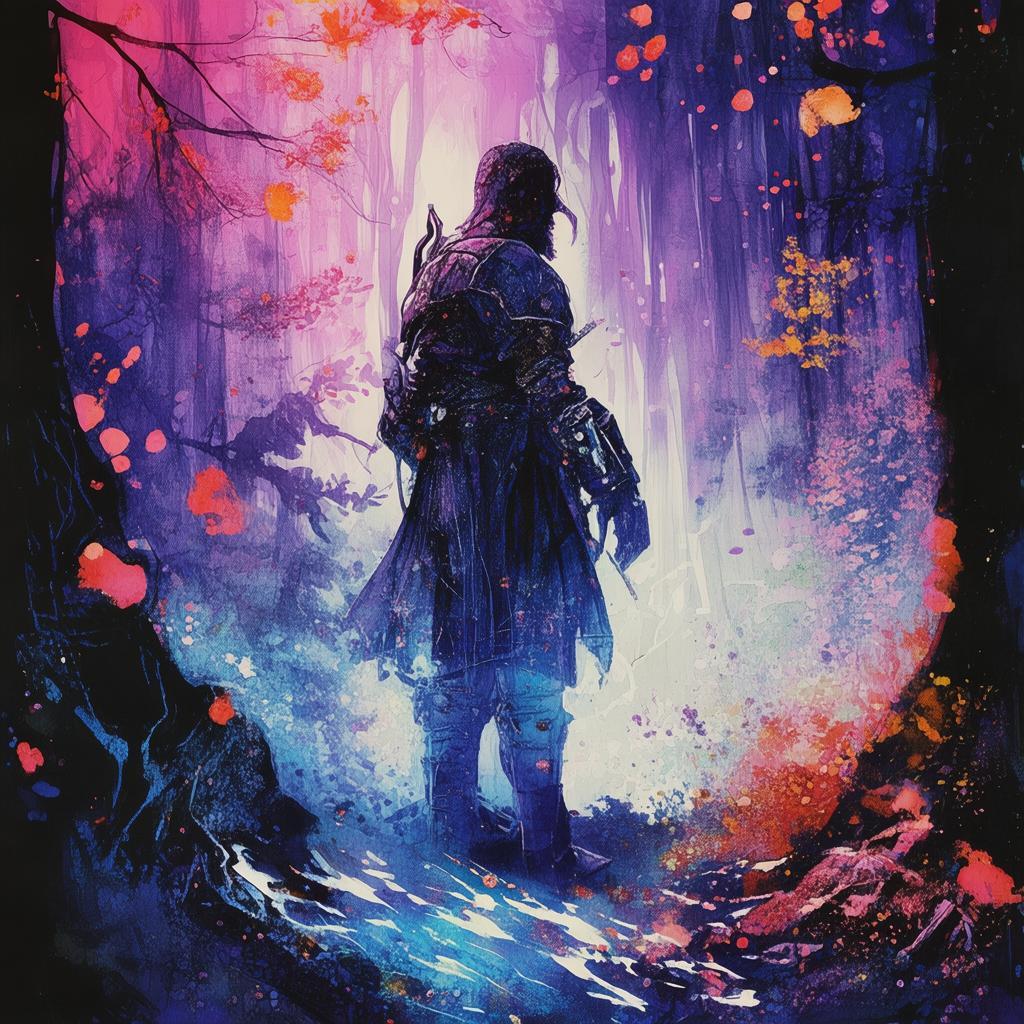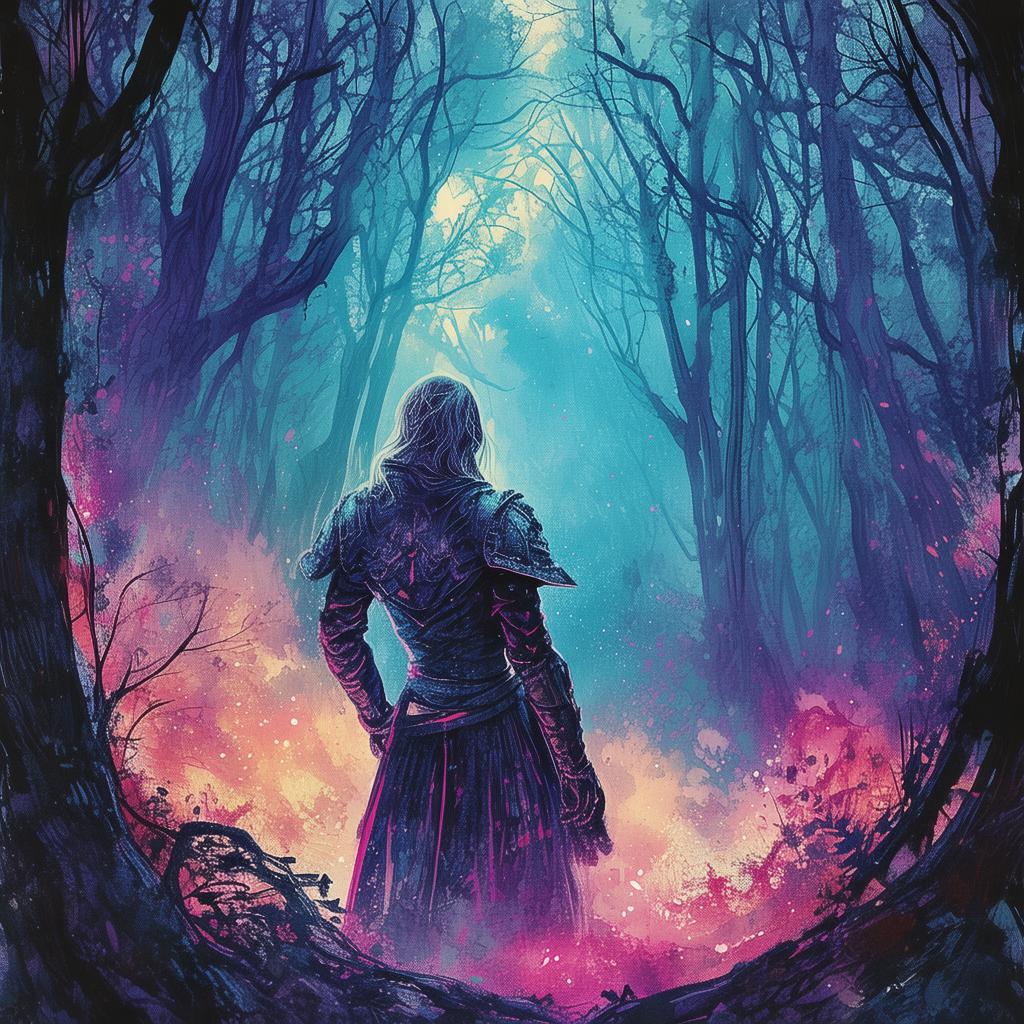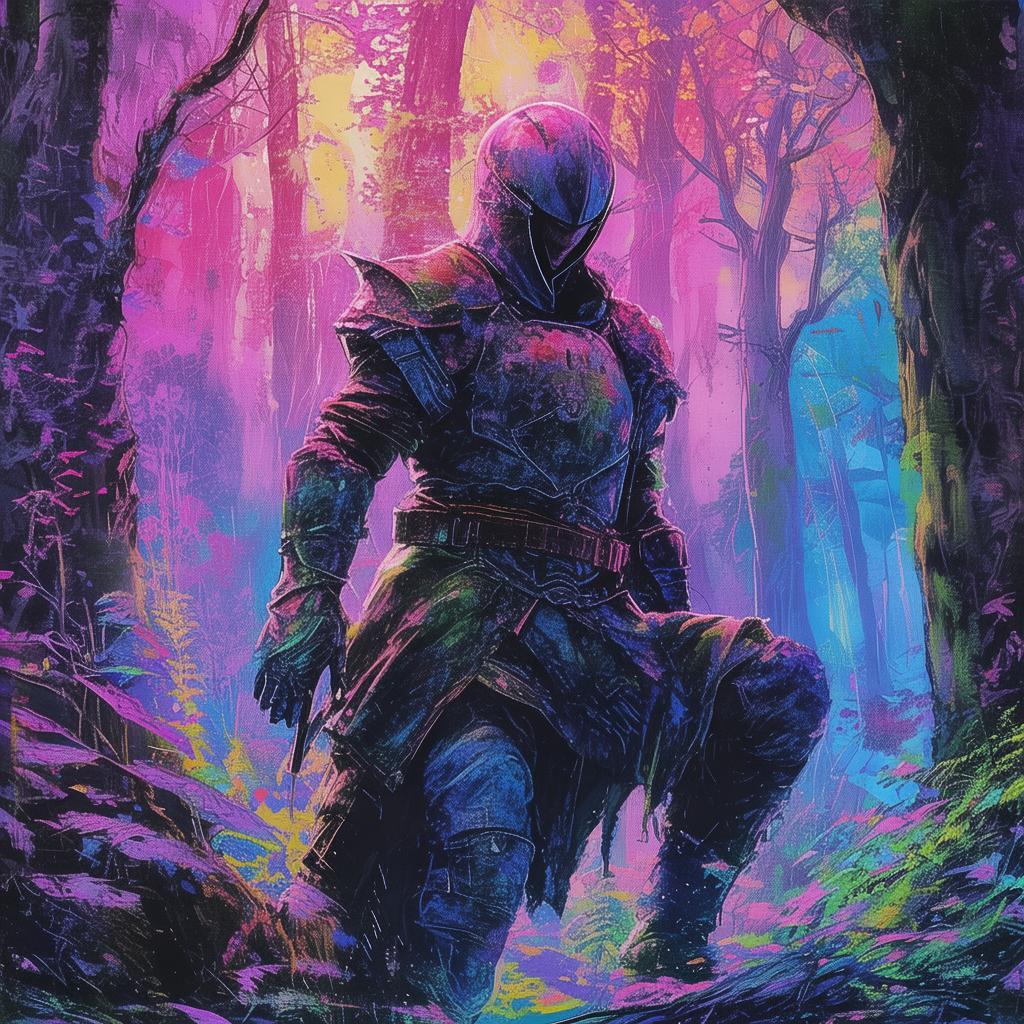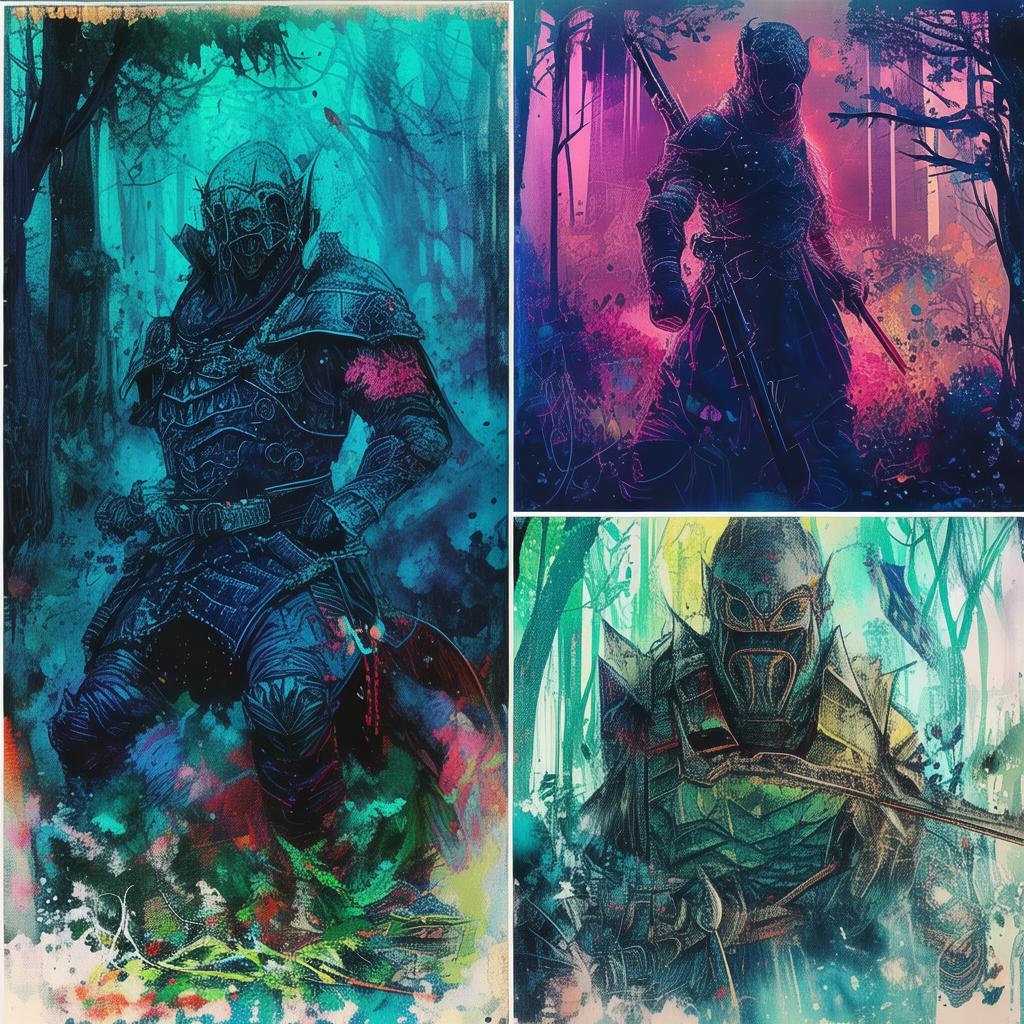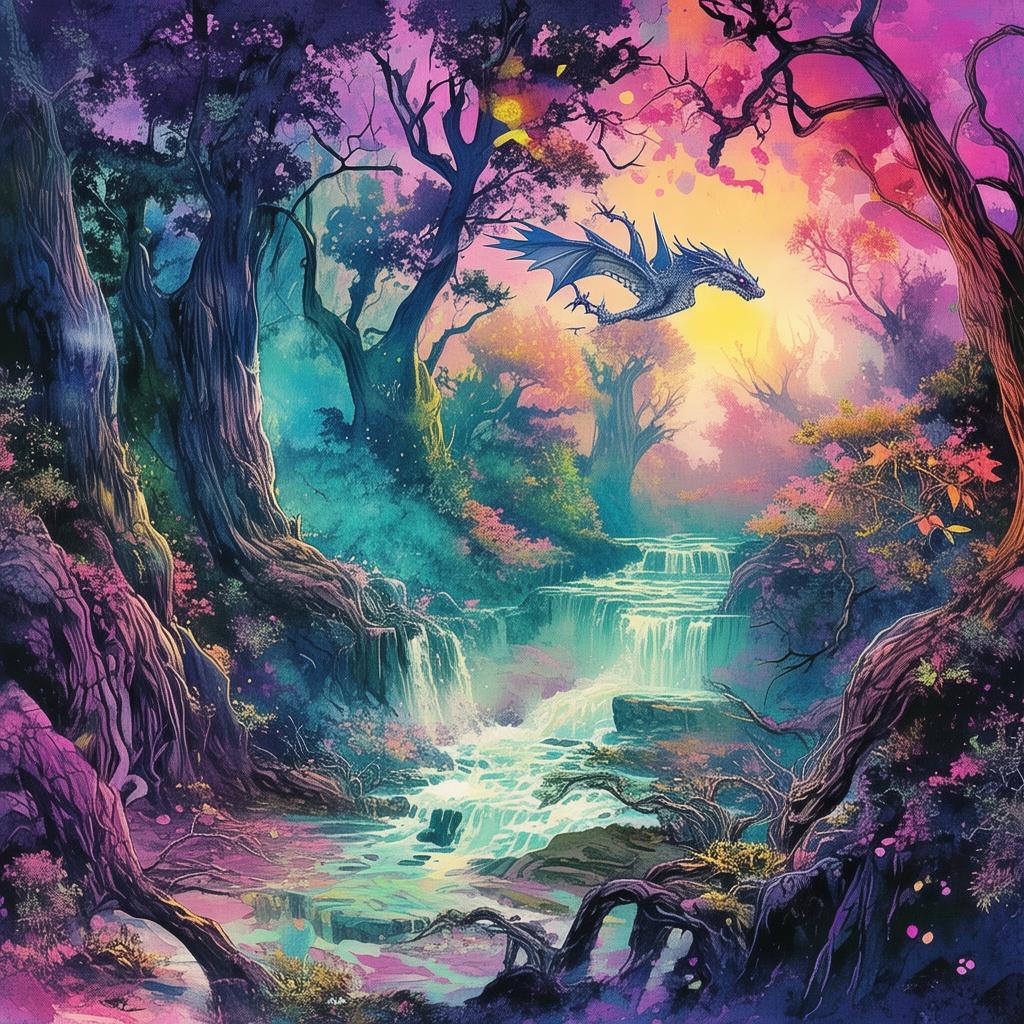The Mangoed Monk's Mangoed Redemption
In the heart of the lush, sun-drenched kingdom of Mangoia, there was a monk known to all as the Mangoed Monk. His name was Kama, and he had dedicated his life to the pursuit of spiritual enlightenment. But Kama was no ordinary monk; he was a guardian of a secret that had been passed down through generations, a secret that involved the mango, the king of fruits in Mangoia.
The legend of the Mangoed Monk's Mangoed Mysteries had been whispered among the villagers for centuries. It was said that the monk had been chosen by the gods to protect a hidden grove of mango trees, each bearing fruits with the power to alter the fate of those who consumed them. Kama's journey was not one of simple contemplation but of redemption, for he carried a burden of past sins that he believed could only be atoned for through his service to the grove.
One crisp morning, as the first rays of the sun kissed the leaves of the mango trees, Kama set out on his daily rounds. The grove was a sacred place, its trees standing tall and proud, their leaves shimmering with an ethereal glow. It was here that Kama encountered the first of his mangoed mysteries.

In the center of the grove, a single, ancient tree bore a fruit unlike any other. It was a deep, blood-red mango, its skin pulsating with a life force that seemed to hum with power. Kama, feeling a strange pull, approached the tree and reached out to pluck the fruit. As his fingers brushed against the skin, a vision flooded his mind—a vision of a child, crying out for help, and a man, his face twisted with rage and sorrow.
The vision was brief, but its impact was profound. Kama knew that this mango held a story, a story that was intertwined with his own. He took the fruit, feeling a strange warmth spread through his body, and made his way to the temple, where he meditated deeply, seeking to understand the vision.
Days turned into weeks, and Kama faced more mangoed mysteries. Each fruit he consumed revealed a piece of his past, a past filled with pain and regret. He learned of a child lost to him, a child whose cries for help had been ignored, and a man who had turned to darkness in his grief. Kama realized that his journey was not just about atoning for his own sins but about healing the wounds of those he had hurt.
As the seasons changed, Kama's understanding of the mangoes grew. He discovered that the fruits were not just a source of enlightenment but a means of healing. Each mango held within it the potential to mend broken hearts and restore lost innocence. Kama began to share his knowledge with the villagers, teaching them how to use the mangoes to heal their own wounds and those of their neighbors.
But the journey was not without its challenges. There were those who sought to exploit the power of the mangoes for their own gain, and Kama found himself in the midst of a dangerous game of intrigue and deceit. He was tested by his own fears and doubts, and he faced the possibility of losing everything he had worked so hard to achieve.
The climax of Kama's journey came when he was confronted by the man from his vision, the man who had turned to darkness. The man, now a powerful figure in the kingdom, demanded the mangoes for himself, believing that they would grant him the power he craved. But Kama, having found his own redemption, refused to give in to the man's demands.
In a dramatic confrontation, Kama used the power of the mangoes to confront the man's darkness, revealing the truth of his own past and the true nature of the mangoes' power. The man, faced with the truth, was forced to confront his own actions and the pain he had caused. In the end, he chose to atone for his past, and Kama's redemption was complete.
The Mangoed Monk's Mangoed Redemption was not just a story of personal atonement but a tale of the power of forgiveness and the healing that comes from facing one's past. Kama's journey had shown him that the true power of the mangoes was not in their ability to grant wishes but in their ability to heal the deepest wounds of the human heart.
In the end, Kama returned to the grove, his heart lighter and his spirit renewed. He continued to serve the grove, sharing its mysteries with those who sought to learn, and he became a symbol of hope and redemption to all who knew him. The Mangoed Monk's Mangoed Mysteries had become a legend, a story that would be told for generations, a reminder that even the darkest of hearts could be touched by the light of redemption.
✨ Original Statement ✨
All articles published on this website (including but not limited to text, images, videos, and other content) are original or authorized for reposting and are protected by relevant laws. Without the explicit written permission of this website, no individual or organization may copy, modify, repost, or use the content for commercial purposes.
If you need to quote or cooperate, please contact this site for authorization. We reserve the right to pursue legal responsibility for any unauthorized use.
Hereby declared.


